Three children killed playing with grenade in Pakistan
Three children were killed and two others injured Wednesday in northwestern Pakistan when a grenade they found in a field exploded, officials said.
The four brothers and a neighbor were playing when they found the rusty grenade near a village on the outskirts of the northwestern city of Peshawar.
"The children first played with it and later hit it with a stone, causing it to explode," Mansoor Aman, a local senior police official, told AFP.
Local police official Aziz ur Rehman confirmed the casualties.
Accidents involving discarded weapons are not uncommon in Pakistan's northwest.
Old mortars, artillery shells and other discarded munitions are often smuggled into the country from Afghanistan, some dating back to the Soviet war in the 1980s.
The area was also once a hub of anti-Taliban activities, with locals forming militias to fight against the insurgents.
Last year, five people were killed when a worker at a scrap metal shop tried to recycle an old mortar shell that exploded as he tampered with it.
Hazara Shia Muslims refuse to bury dead as Pakistan protest continues
Hundreds of mourners in Pakistan protested Wednesday for a fourth day alongside the bodies of miners killed in a brutal attack claimed by the Daesh Takfiri terrorist group, as officials urged them to bury their dead.
Up to 2,500 people from Hazara Shia Muslim community have since Sunday blocked a road on the outskirts of Quetta, capital of Balochistan province, demanding better protection.
"This is systematic ethnic cleansing of Hazaras in Balochistan and our security forces are behaving like lame ducks, doing nothing," said Zainab Ahman, an activist among the mourners.
There were also protests in the port city of Karachi.
Ten miners were kidnapped by gunmen from a remote colliery before being taken to nearby hills where most were shot dead.
Some were beheaded, said officials who did not want to be named.
Two ministers, representing Prime Minister Imran Khan, flew to Quetta on Wednesday to try to convince the mourners to end the protest.
Khan tweeted that the government was taking steps to prevent such attacks, but gave no details.
"Please bury your loved ones so their souls find peace," he added.
Ethnic Hazaras make up most of the Shia population in Quetta, the capital of Balochistan -- the country's largest and poorest region, rife with ethnic, sectarian and separatist insurgencies.
The attack was claimed by extremist Daesh terrorists, according to SITE Intelligence, which monitors the group activities worldwide.
Daesh is affiliated with the local militant group Lashkar-e-Jhangvi, which itself had links to Pakistan's Taliban.
Pakistani officials have long denied the presence of Daesh in the country, but the group has claimed a number of attacks including a bombing at a vegetable market in 2019.
(Source: AFP)
‘Ghost town’: 70% of Jabalia buildings destroyed by Israel
Mother’s Day: Sareh Javanmardi’s inspiring journey as Paralympic champion and mother
Russia downs over 40 Ukrainian drones as Putin vows 'destruction' on Kiev
VIDEO | Yemen: A bone in Israeli neck
D-8’s role in Iran’s economy after Cairo summit
China slams US as ‘war-addicted’ threat to global security
China ‘firmly opposes’ US military aid to Taiwan
VIDEO | Press TV's News Headlines


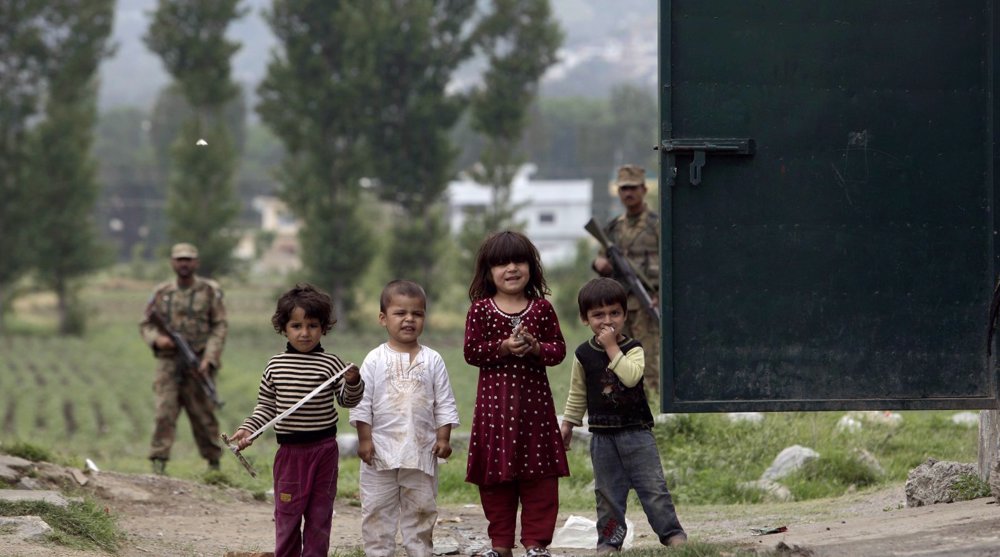

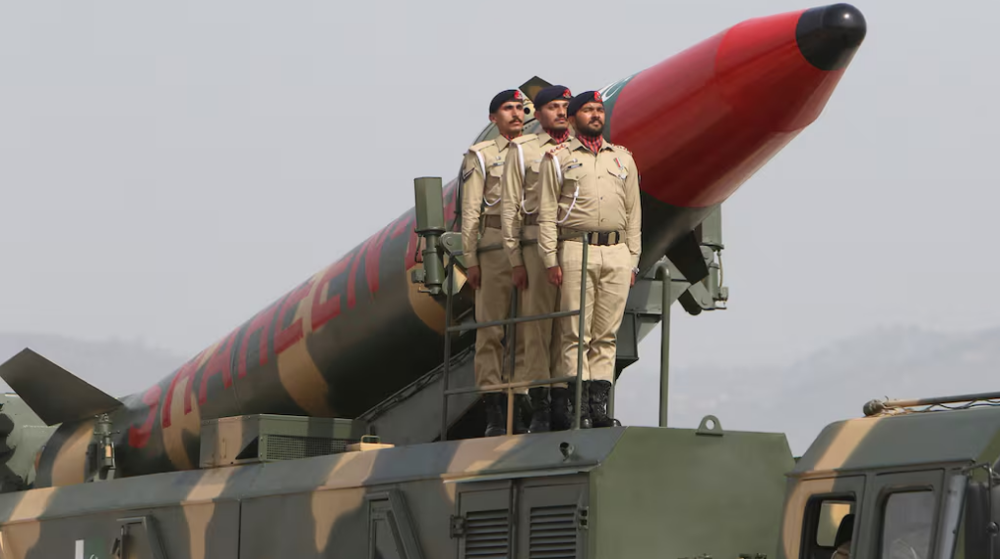

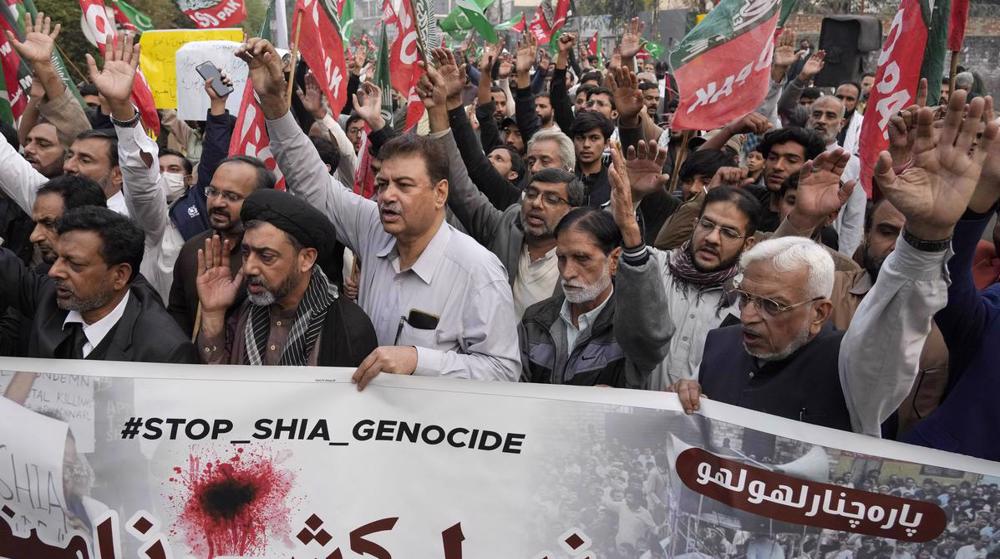




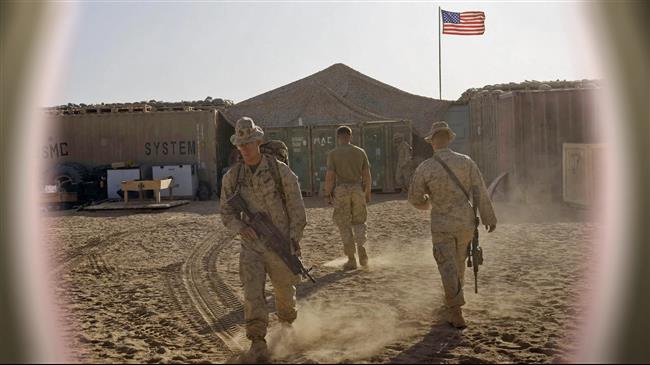
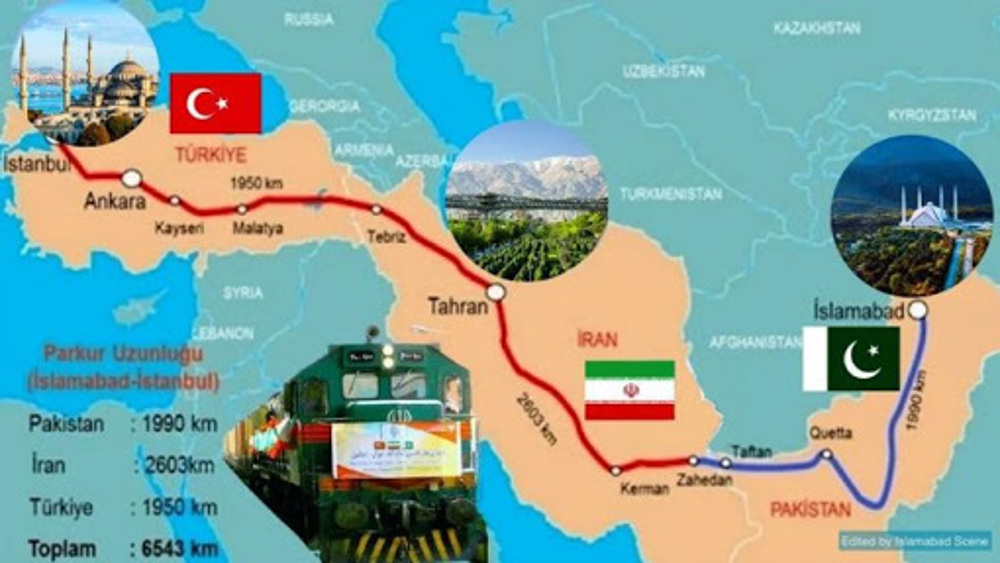
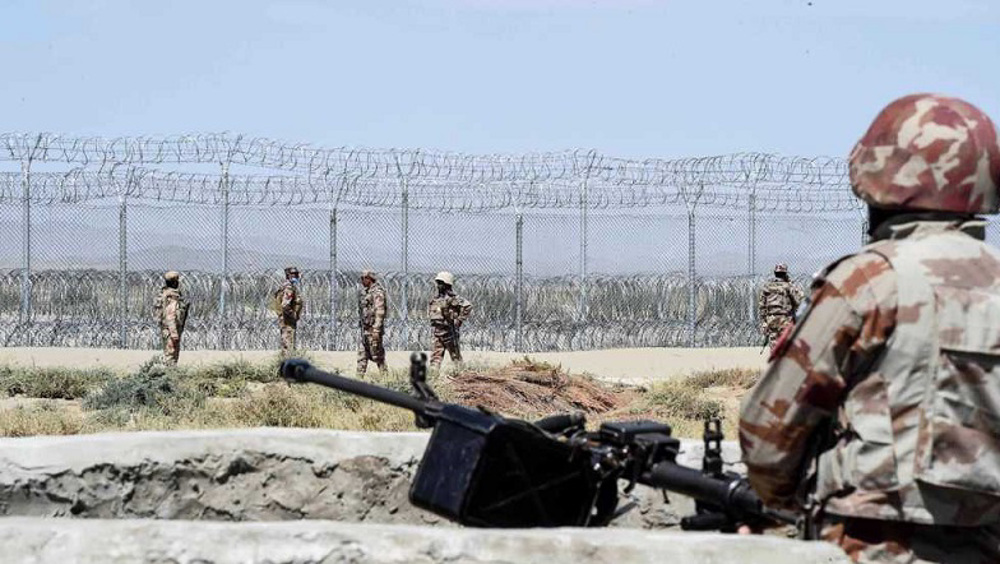

 This makes it easy to access the Press TV website
This makes it easy to access the Press TV website